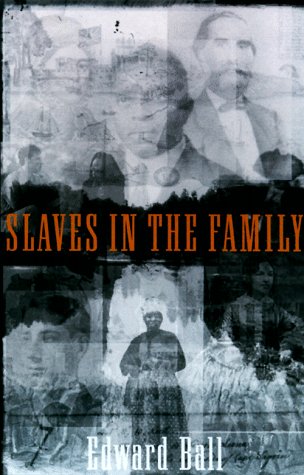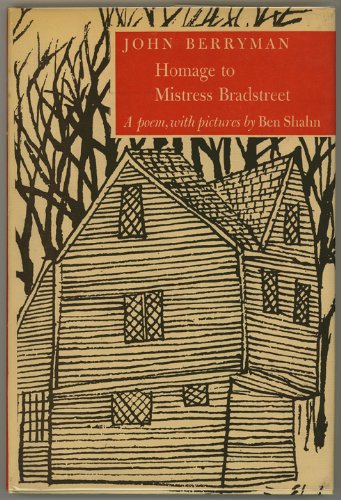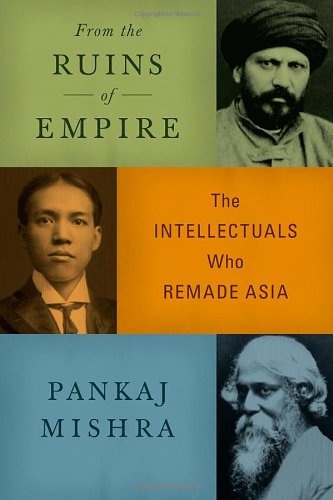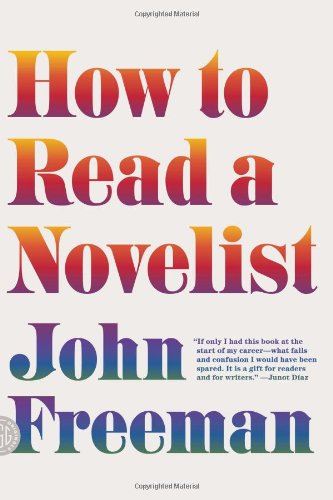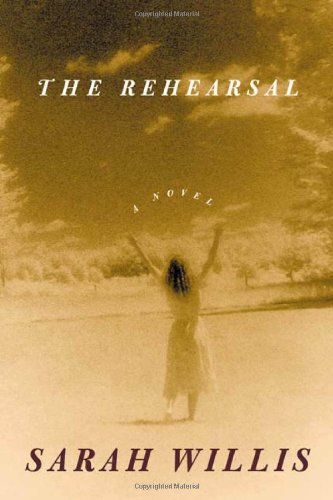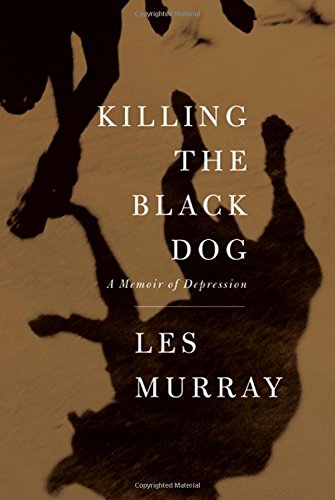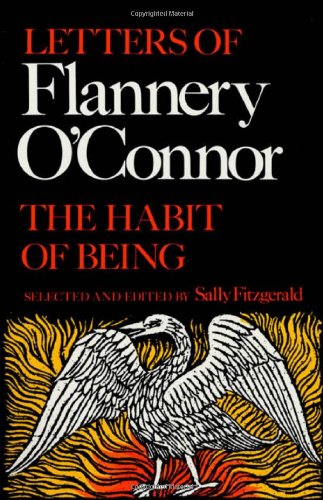Download The Owl Who Liked Sitting on Caesar: Living with a Tawny Owl, by Martin Windrow
Are you truly a fan of this The Owl Who Liked Sitting On Caesar: Living With A Tawny Owl, By Martin Windrow If that's so, why do not you take this book now? Be the initial individual who such as as well as lead this publication The Owl Who Liked Sitting On Caesar: Living With A Tawny Owl, By Martin Windrow, so you could obtain the reason and messages from this book. Don't bother to be puzzled where to obtain it. As the various other, we share the link to see and also download and install the soft data ebook The Owl Who Liked Sitting On Caesar: Living With A Tawny Owl, By Martin Windrow So, you may not carry the printed publication The Owl Who Liked Sitting On Caesar: Living With A Tawny Owl, By Martin Windrow almost everywhere.

The Owl Who Liked Sitting on Caesar: Living with a Tawny Owl, by Martin Windrow

Download The Owl Who Liked Sitting on Caesar: Living with a Tawny Owl, by Martin Windrow
New upgraded! The The Owl Who Liked Sitting On Caesar: Living With A Tawny Owl, By Martin Windrow from the most effective writer and author is now offered here. This is the book The Owl Who Liked Sitting On Caesar: Living With A Tawny Owl, By Martin Windrow that will make your day reading ends up being finished. When you are searching for the published book The Owl Who Liked Sitting On Caesar: Living With A Tawny Owl, By Martin Windrow of this title in the book store, you could not find it. The problems can be the minimal versions The Owl Who Liked Sitting On Caesar: Living With A Tawny Owl, By Martin Windrow that are given up the book shop.
Occasionally, reading The Owl Who Liked Sitting On Caesar: Living With A Tawny Owl, By Martin Windrow is quite boring and also it will take long time starting from getting guide and start reviewing. However, in modern period, you can take the developing modern technology by making use of the web. By web, you could see this web page and also begin to look for the book The Owl Who Liked Sitting On Caesar: Living With A Tawny Owl, By Martin Windrow that is required. Wondering this The Owl Who Liked Sitting On Caesar: Living With A Tawny Owl, By Martin Windrow is the one that you require, you could go for downloading and install. Have you understood how you can get it?
After downloading the soft data of this The Owl Who Liked Sitting On Caesar: Living With A Tawny Owl, By Martin Windrow, you can begin to read it. Yeah, this is so pleasurable while somebody ought to check out by taking their big publications; you are in your new way by only handle your device. And even you are working in the workplace; you can still make use of the computer to read The Owl Who Liked Sitting On Caesar: Living With A Tawny Owl, By Martin Windrow totally. Certainly, it will not obligate you to take many pages. Just web page by web page depending upon the time that you need to review The Owl Who Liked Sitting On Caesar: Living With A Tawny Owl, By Martin Windrow
After recognizing this quite simple method to review and get this The Owl Who Liked Sitting On Caesar: Living With A Tawny Owl, By Martin Windrow, why do not you tell to others about by doing this? You could inform others to visit this site as well as go with browsing them preferred books The Owl Who Liked Sitting On Caesar: Living With A Tawny Owl, By Martin Windrow As known, right here are great deals of listings that offer numerous kinds of books to collect. Merely prepare couple of time as well as web connections to get guides. You could truly appreciate the life by reading The Owl Who Liked Sitting On Caesar: Living With A Tawny Owl, By Martin Windrow in a really basic manner.

The story of an odd couple-a British military historian and the Tawny Owl with whom he lived for fifteen years
Martin Windrow was a war historian with little experience with pets when he adopted an owl the size of a corncob. Adorable but with knife-sharp talons, Mumble became Windrow's closest, if at times unpredictable, companion, first in a South London flat and later in the more owl-friendly Sussex countryside. In The Owl Who Liked Sitting on Caesar, Windrow recalls with wry humor their finer moments as well as the reactions of incredulous neighbors, the awkwardness of buying Mumble unskinned rabbit at Harrods Food Hall, and the grievous sense of loss when Mumble nearly escapes.
As Windrow writes: "Mumble was so much a part of my life in those days that the oddity of our relationship seldom occurred to me, and I only thought about it when faced with other people's astonishment. When new acquaintances learned that they were talking to a book editor who shared a seventh-floor flat in a South London tower block with a Tawny Owl, some tended to edge away, rather thoughtfully . . . I tried to answer patiently, but I found it hard to come up with a short reply to the direct question 'Yes, but . . . why?'; my best answer was simply 'Why not?'"
Windrow offers a poignant and unforgettable reminiscence of his charmed years with his improbable pet, as well as an unexpected education in the paleontology, zoology, and sociology of owls.
- Sales Rank: #80285 in Books
- Published on: 2014-06-10
- Released on: 2014-06-10
- Original language: English
- Number of items: 1
- Dimensions: 7.82" h x 1.14" w x 5.23" l, .81 pounds
- Binding: Hardcover
- 320 pages
From Booklist
The sweetly smiling older gent on this book’s jacket is seen inside in photos, too, but they depict a much-younger man, often with a little, stern owl perched on his shoulder. The tawny owl, Mumble, met her end too soon, and thus it took Windrow (The Last Valley, 2005) many years to put aside his sadness and pull together his notebooks and photos depicting their 15-year owl-man relationship, living together in England. Windrow has an endearing, entertaining voice, not without a sense of humor. He not only describes his relationship with the little owl (“love at first sight”) but also gives owl history, the species’ contemporary existence, precautions, and more. Windrow’s journal entries from the time are scattered throughout, and they reveal his careful attention to Mumble’s learning to “speak” and fly and adapt to her unusual life. Containing many photos as well as Christa Cook’s beautifully detailed sketches, this is a gentle, touching love story that will appeal to all pet owners, not just those fond of tawny owls, which Windrow describes as “something like cats that can fly.” --Eloise Kinney
Review
“Anyone who thinks the bond between man and dog or cat is the supreme human-house pet attachment will have to reconsider after reading Martin Windrow's touching account of the bird who changed his life, a possessive and characterful tawny owl named Mumble who was his domestic companion for 15 action-packed years . . . [The Owl Who Liked Sitting on Caesar is] a memoir of his friendship with this singular creature, interwoven with a natural history of her species and a close, not to say obsessive, description of her traits . . . [It] is all the more affecting because of its gruff understatement.” ―Liesl Schillinger, The New York Times Book Review
“Charming . . . an eloquent yet unsentimental testimonial about a man devoted to his "one true owl", and the profound impact that relationship with this bird had on his life.” ―The Guardian
“Unlikely books are often very endearing--this is one such book. An utterly charming work, perhaps best read at night when there are owls about.” ―Alexander McCall Smith, author of the No. 1 Ladies' Detective Agency series
“The Owl Who Liked Sitting on Caesar is pure joy. Martin Windrow shows us the essence of a wild animal in a story as informative as a scientific paper on the species Strix aluco, but much more fun to read. Owls are among the world's most interesting creatures, and to see one up close and in detail as we do here is a valuable experience that will appeal to readers of every kind.” ―Elizabeth Marshall Thomas, author of A Million Years with You: A Memoir of Life Observed
“With a keen eye for the telling detail, Windrow has written an informative, tender and, yes, wise memoir on the blessed ties that bind people and their pets--one that should find a permanent perch on your shelf.” ―Jay Strafford, Richmond Times-Dispatch
“Funny, touching and divertingly novel . . . [Windrow] has produced an homage to both a creature and its species that is almost Leonardo-like in its precision and spirit of curiosity. The result is nothing less than a small masterpiece of animal literature . . . [A] perfect book.” ―Ben Downing, The Wall Street Journal
“Charming . . . Mr. Windrow's owl fascination knows no bounds. ” ―Carmela Ciuraru, The New York Times
About the Author
Martin Windrow is an English military historian and a long-time commissioning and art editor for Osprey Publishing. He is the author of numerous books of military history, including The Last Valley, a distinguished history of the French defeat in Vietnam. He lives in the Sussex Downs country of southern England.
Most helpful customer reviews
34 of 34 people found the following review helpful.
A tender, touching, and often witty memoir of a man and his unusual pet
By Neal Reynolds
Martin Windrow shares his 15 years with Mumble, his pet tawny owl, with us. This memoir is loving and often witty, but it is tinged with an anger the author has carried for twenty years after Mumble's death.
I suspect that there will be controversy about this book on these pages. The idea of raising a wild creature as a pet stirs different emotions in different people. Regardless of a person's opinion, the author here does portray a long pet/owner relationship as a happy one for both concerned.
Actually, a larger part of the book gives details on owls, especially the tawny owl, so there is an academic tone here. It's the latter chapters that tell us more specifically about the life shared by Windrow and Mumble. All in all, this is a memorable book which animal lovers especially will enjoy. The author is given credit for his admonitions at the book's start against "rescuing" an abandoned owlet you might think "lost". On the other hand, he shares the joy one can have in properly raising a creature such as a tawny owl and establishing a pet relationship.
The book is nicely enhanced with a number of drawings and photographs. Some of the photoghs were a bit indistinct in the reviewer's copy, but may be much clearer in the published version.
I enthusiastically endorse this book for all readers who love animals.
27 of 27 people found the following review helpful.
Amusing and boring by turns
By Lynnda Ell
Martin Windrow held my interest in the fascinating account of his life with a tawny owl. He writes well; his dry and witty voice suits his subject perfectly. Many times, I laughed aloud at his lively descriptions of the extra effort he used to provide a meaningful life to Mumbles. Nearly as often, I laughed at Mumbles's attempts to encourage Mr. Windrow into more owl-like behavior. Boredom kicked in - and my eyes began glazing over - when he began giving general information about owls. I'm glad I didn't skip those sections, however, because just about the time I lost interest, Mr. Windrow would tie the section into an amusing anecdote from his life with Mumbles. The book was, entertaining, informative, and meaningful. I especially recommend it to anyone who thinks they want to keep a wild bird or animal as a pet. As The Owl Who Liked Sitting on Caesar, clearly describes, it is not a choice to be made lightly.
19 of 20 people found the following review helpful.
Wonderful story of the bond between man and owl
By Akcloudwoman
I am a bird lover, and have owned and rehabbed birds so I had to read this story. It didn't disappoint and was thoroughly enjoyable! I loved the story and the way that the author interspersed educational tidbits and information about owls in the story. Having owned birds, it was fun to read about how the relationship and how routines developed between Martin (the author) and the owl. An out is not the type of pet you would expect to find in a downtown flat, and that made their adventures even more intriguing! This is a must read for anyone who has had a special relationship with a bird or other pet.
The Owl Who Liked Sitting on Caesar: Living with a Tawny Owl, by Martin Windrow PDF
The Owl Who Liked Sitting on Caesar: Living with a Tawny Owl, by Martin Windrow EPub
The Owl Who Liked Sitting on Caesar: Living with a Tawny Owl, by Martin Windrow Doc
The Owl Who Liked Sitting on Caesar: Living with a Tawny Owl, by Martin Windrow iBooks
The Owl Who Liked Sitting on Caesar: Living with a Tawny Owl, by Martin Windrow rtf
The Owl Who Liked Sitting on Caesar: Living with a Tawny Owl, by Martin Windrow Mobipocket
The Owl Who Liked Sitting on Caesar: Living with a Tawny Owl, by Martin Windrow Kindle
